Like United, American Airlines Is Redefining What A Cancellation Is To Deny Refunds

Like United, American Airlines Is Redefining What A Cancellation Is To Deny Refunds
Yesterday, Gary at View from the Wing wrote an interesting piece on United’s refund policy change. Gary explained that United redefined what constitutes a cancellation versus a schedule change. According to United, if they can accommodate a passenger on another flight within six hours of their initial departure time, the passenger is not entitled to a refund — only a voucher. Well, it seems American Airlines is redefining what a cancellation is for refund purposes.
Last week, I wrote about my struggle to get a refund from American for a flight to Miami. I am still speaking with American to get the refund. But last night, a customer service representative specifically referred to my case as a schedule change rather than a cancellation.
As background, I booked a 7pm flight from DCA to MIA for mid-April. That flight was cancelled — in other words, the flight number I booked was no longer scheduled to operate. American moved me to an earlier flight over three hours earlier. I booked a 7pm flight for obvious reasons: it allows me to work a full day prior to traveling.
American now claims that is a schedule change. Traditionally, American offered the chance to accept the change or issue a full refund. Now, it seems American will not offer that option. That is a drastic policy change.
American Airlines Responds
I reached out to a spokesperson with American. I wanted to ensure this wasn’t just the reservation agent using the wrong word. Sure enough, a spokesperson told me:
We regularly make changes to times, flight numbers, equipment types, etc. We would consider that a schedule change. But if the schedule change occurred within seven days of departure, we would consider the change a cancellation.
Of course, this is absolutely ludicrous and defies logic. For example, in my own case the flight number was not merely changed. I was moved to a flight already scheduled to operate regardless of what happened to the 7pm flight. It’s also inconceivable that a reasonable person could conclude that my original flight was not a cancellation. The flight and flight number I booked was scheduled, and then it was removed from the system. Simply put, that’s a cancellation not a schedule change.
Department of Transportation Response
I reached out to the Department of Transportation to inquire more about this. It seems — given Gary’s post about United and my own experience with American — that airlines are redefining “cancellation”. This is leading people who are normally eligible for a refund to get a voucher instead.
A spokesperson at the Department told me:
Although the COVID-19 public health emergency has had an unprecedented impact on air travel, the obligation of airlines to provide a prompt refund to a ticketed passenger when the carrier cancels the passenger’s flight or makes a significant change in the flight schedule and the passenger chooses not to accept the alternative offered by the carrier remains unchanged. [emphasis added]
That language is consistent with the bulletin DOT sent to airlines earlier this month. But the spokesperson also said the DOT is looking into the question of what constitutes a cancellation or a schedule change. The spokesperson said:
The terms “cancellation” and “significant schedule change” are not defined in regulation or statute and, based on reviews of the complaints and inquires the Department has received, it appears that there may be consumer confusion about what the terms mean. The Department’s Office of Aviation Enforcement and Proceedings is studying the issue, and will publish additional guidance if necessary or appropriate.
Now, I think it’s great that the Department is looking at this issue. But I disagree with the notion that the consumers are the ones that are confused. Again, I don’t understand how there is any other way to interpret DOT’s cancellation regulation. That regulation states:
A passenger is entitled to a refund if the airline cancelled a flight, regardless of the reason, and the passenger chooses not to travel.
Delta Air Lines Response
I also reached out to Delta Air Lines to check on their own policy. However, they ignored the premise of my question and merely stated their refund policy. A spokesperson from Delta said:
Taking care of our customers is at the center of everything we do, and we sincerely appreciate their patience as we navigate this unprecedented time together. In keeping with our longstanding policy, Delta continues to provide full refunds to eligible passengers requesting them for whom we have cancelled a flight or made a significant schedule change. In March and April 2020 alone, Delta processed more than one two million refunds, totaling more than $950 million. Eligible customers may request refunds online at delta.com or contact a reservations agent.”
This did not respond to my question, which asked about redefining what a cancellation is for Delta’s refund policies. I gave Delta an exact scenario of the one described above and asked if under their policies that would be a cancellation or a schedule change. So it’s hard to say for sure what Delta is doing on this issue. If you had a similar experience with Delta as the one I’m describing from AA — or the opposite of what AA is doing — I’d love to hear it.
The Timing Of The Change Makes It Obvious
Of course, the timing of this provides a clear reflection on why the airlines are making this change. As airlines struggle with cash — AA lost $2.2 billion in the first quarter — it’s clear they are taking advantage of the situation. The airlines want to change policy definitions so that they can deny people refunds and hold on to that money.
Even more insulting: this comes just a week after the U.S. Treasury used taxpayer money to fill the coffers of airlines and keep them afloat. I urge those who are just as outraged as I am to contact your senator and representative and require more airline oversight. It’s important the lobbyists don’t control the definition of “cancellation” if the DOT moves forward to define it.
Bottom Line
A simple glance at the actions airlines have taken since they took billions from taxpayers shows the lengths they will go to harm the consumers and protect their own pockets. Some may say, “Cut the airlines a break, they’re going through a tough time.” Ziggy over at Traveling for Miles summed up my thoughts on that idiotic argument wonderfully this morning.
Instead, while millions of everyday citizens in the United States are suffering too, airlines are taking advantage of them so they can hold on to their money. Millions of Americans have been impacted by this virus. And they don’t get bailouts anywhere near the level airlines do. What United and American are doing is absolutely disgraceful. It shows the lengths some companies will go to take advantage of people during an international crisis.
Shame on United and American for redefining what a cancellation is for refund purposes. It’s particularly ironic for an airline that recently launched a video saying “you” are the reason they fly. It’s about time airlines demonstrate that through actions. Denying people refunds isn’t in the interest of “you.” It’s specifically in their interest.
I hope if the DOT does define “cancellation”, it’s in the way that any reasonable person who doesn’t have a special interest in an airline would define it.
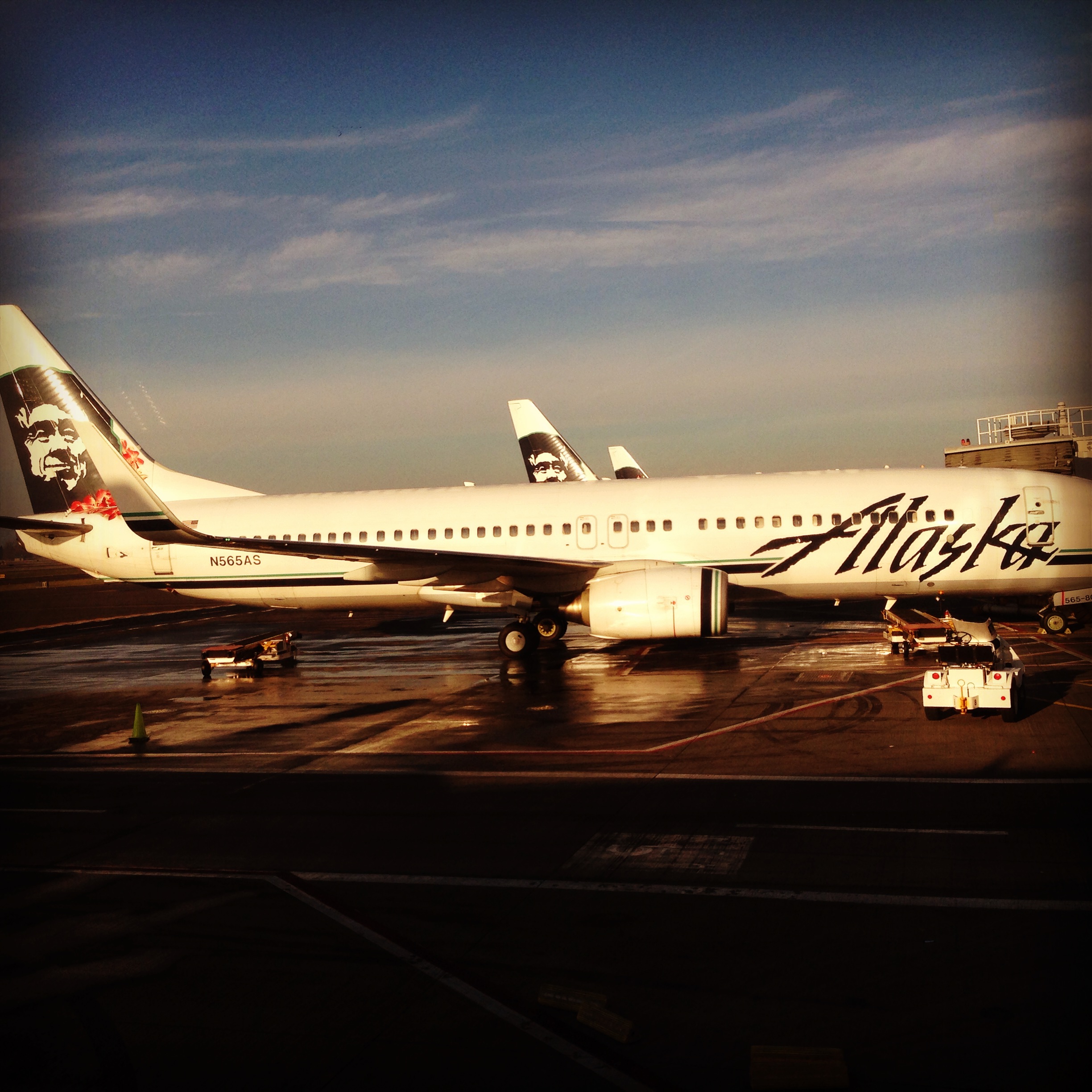
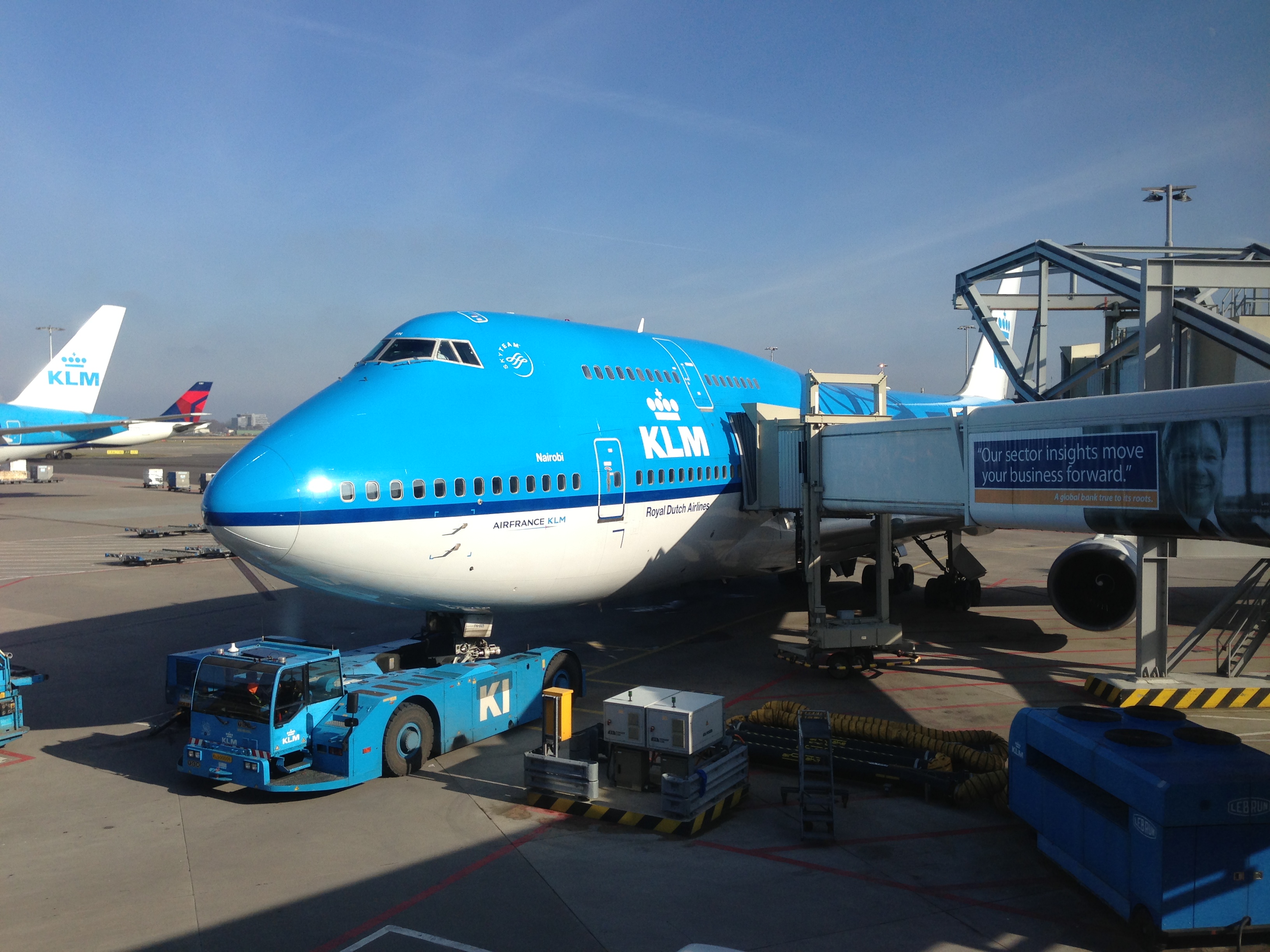
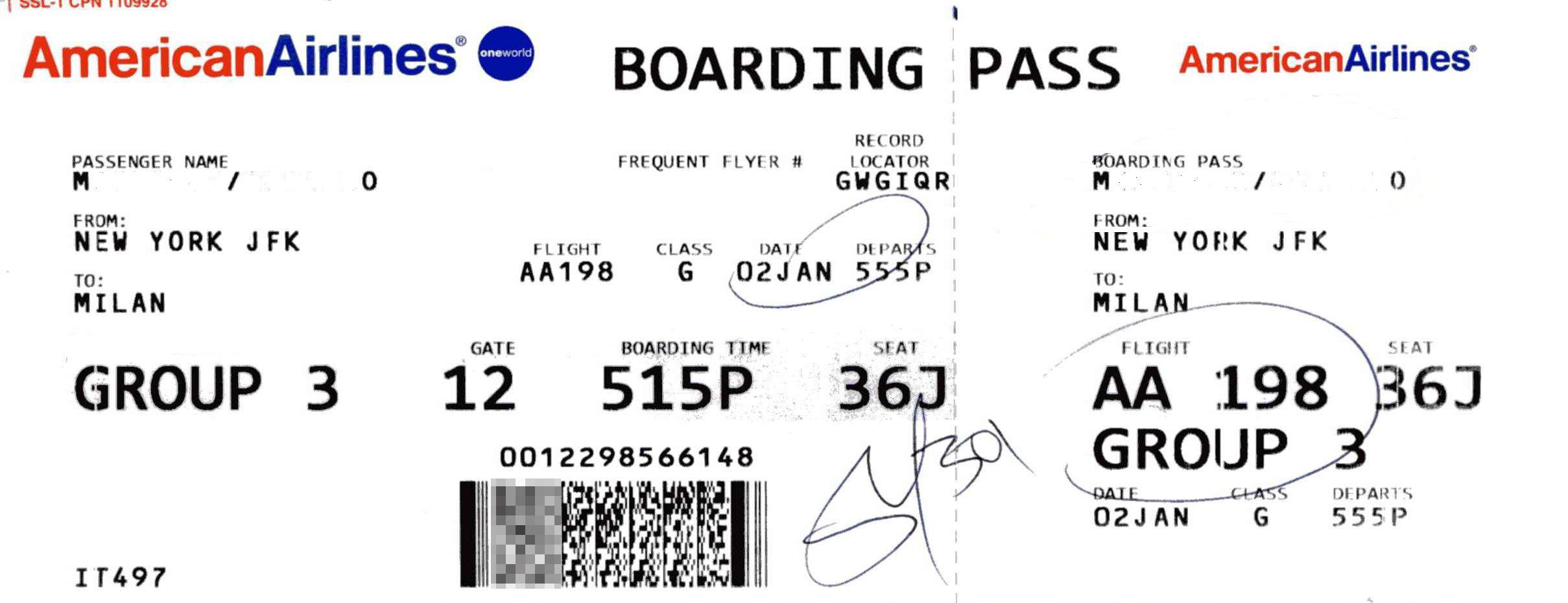
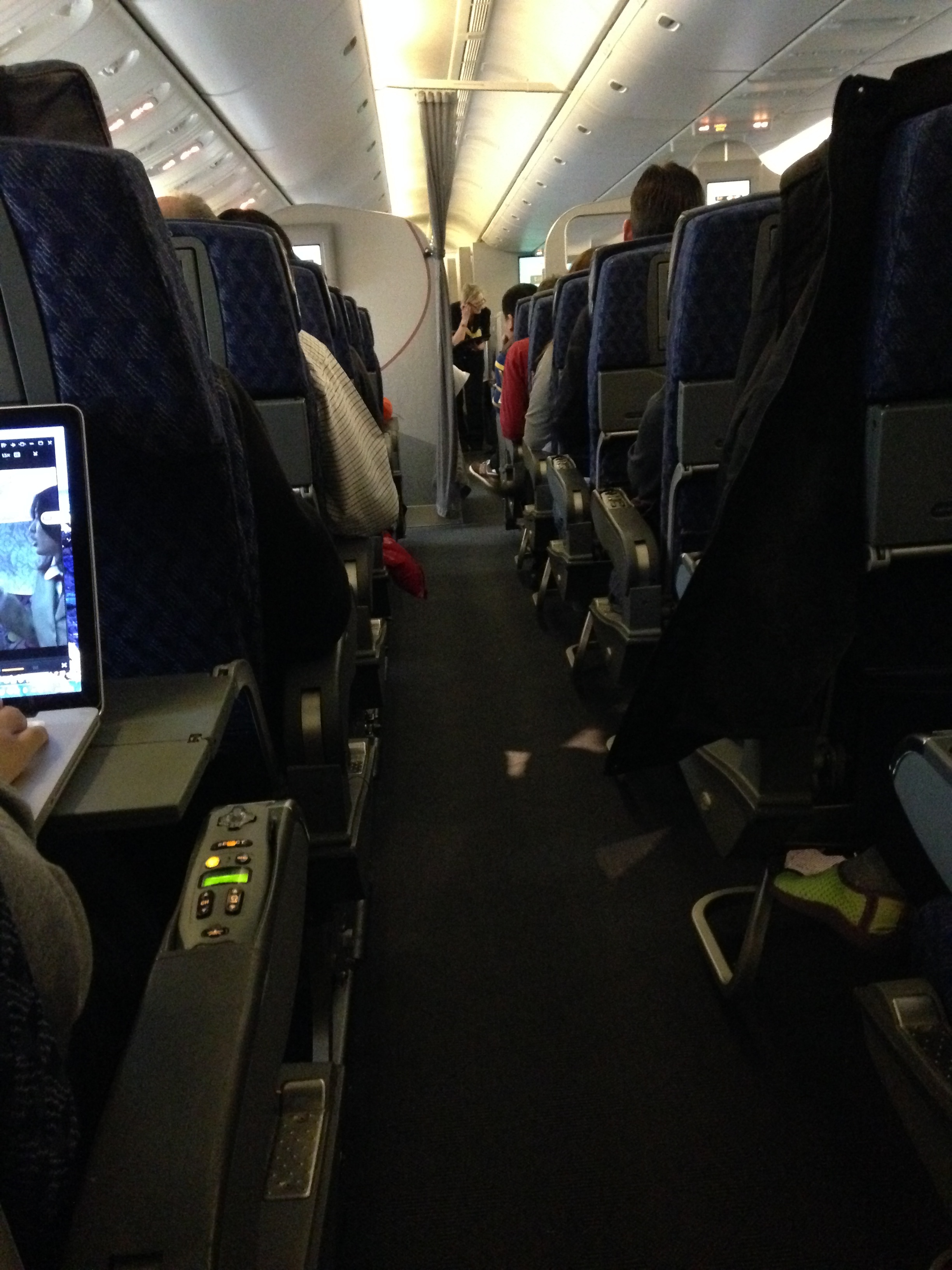
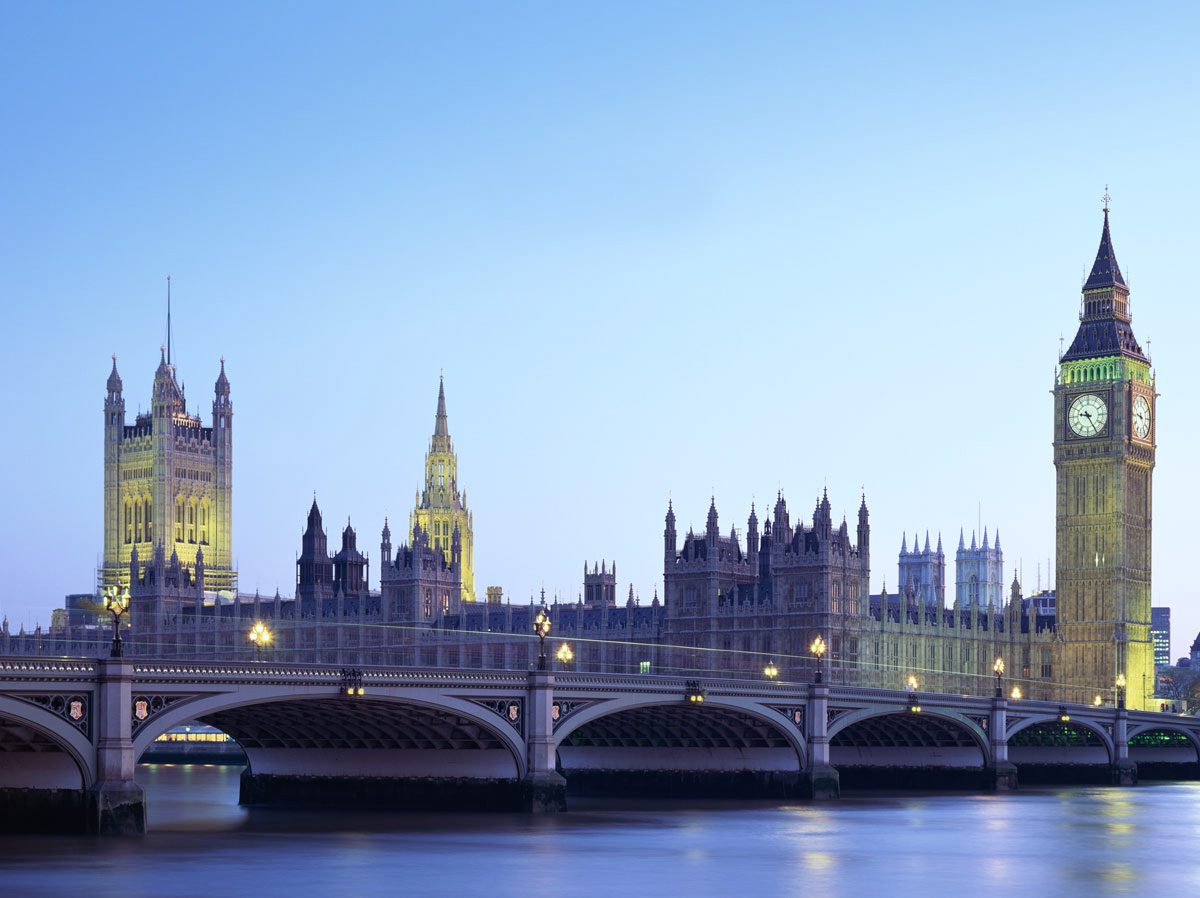
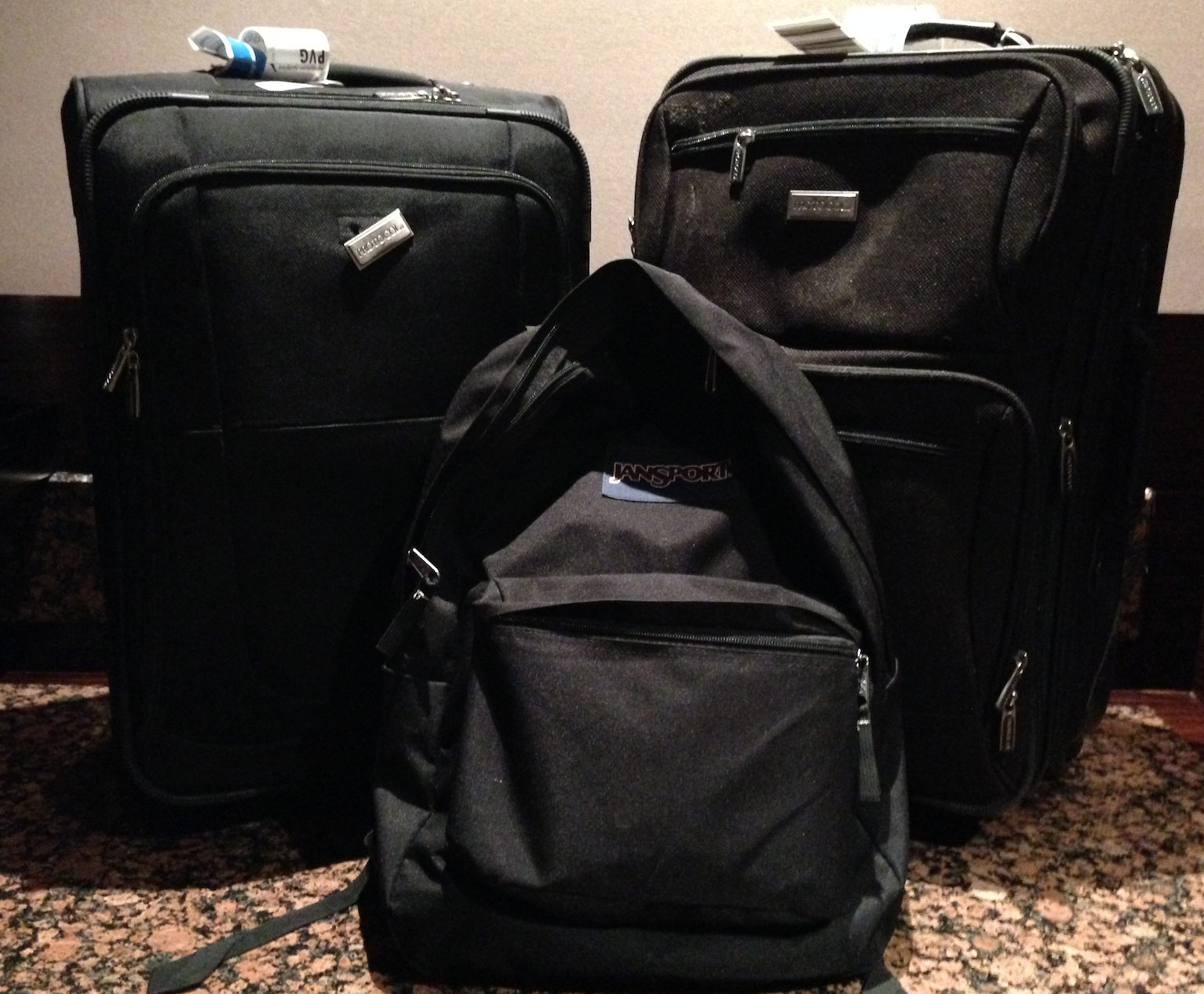

AA is the bad guy. They should just don’t have a fanciful schedule that they cancel as the time gets closer.
Yes all the airlines are bad but when you going to buy a ticket you don’t want pay
You try to buy the cheapest ticket stop blaming the airlines
What about the garbage the are monopoly the charge a lot because don’t have competition and electricity again no competition
In the airlines the are in business to make money and the have competition
You have idea how many people working on a flight not only the FA or pilots
Please get a life whit this refund policy
Next time take the train Maybe is better for you
You have a right to a full refund, because AA technically canceled your flight, but at the same time it feels a little nitpicky. AA re-accommodated you on another flight. The ultimate purpose is to get the customer to the destination within a reasonable timeframe of the original flight – it shouldn’t matter what the flight number is. For example, there used to be dozens of flights between San Francisco and Los Angeles every day. If the airline canceled one of them and put me on another that departed within a reasonable timeframe, I wouldn’t demand nor expect a refund. If I really couldn’t fly and the airline offered a voucher, I would graciously accept it. Now, whether three hours earlier is “reasonable” or not, is another discussion. My opinion is that United’s six hours is too long. Three hours is borderline.
American Airlines decided to cut 30% of its workforce in an attempt to avoide bankruptcy. Interesting fact is that 30% cut affects management mostly. Good decision at the years of such crisis.